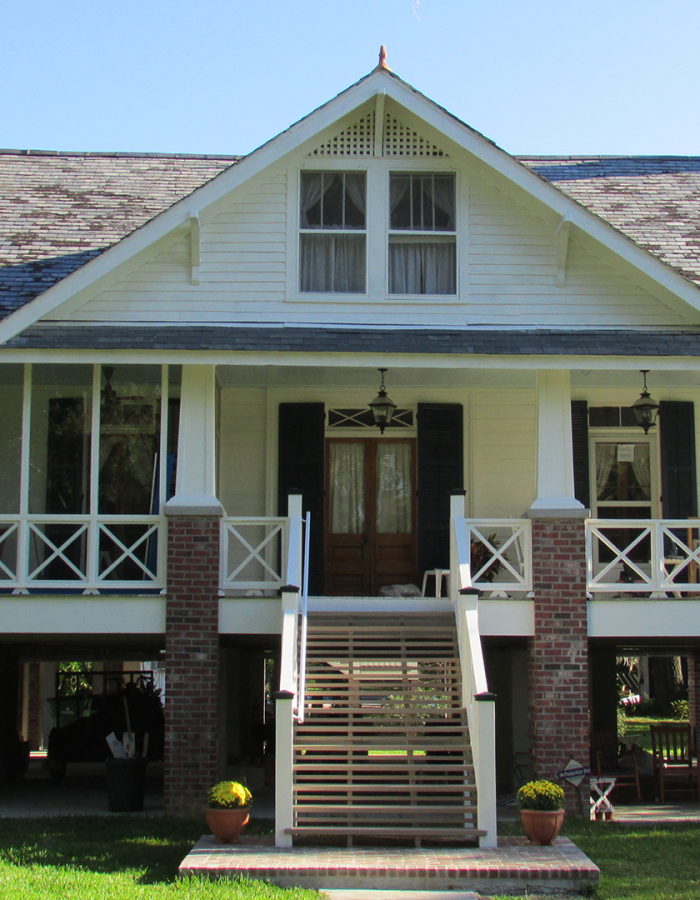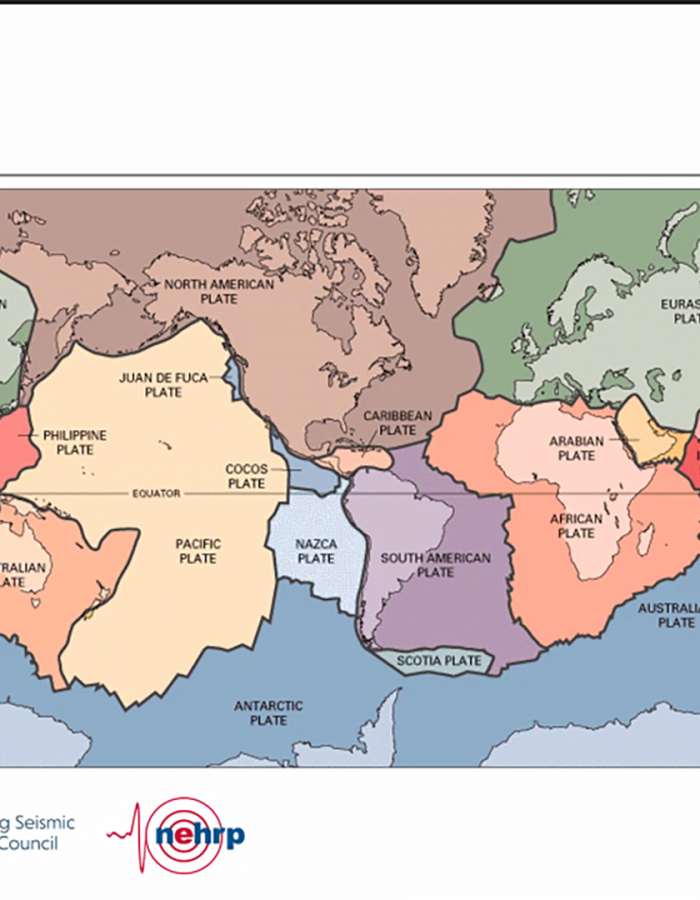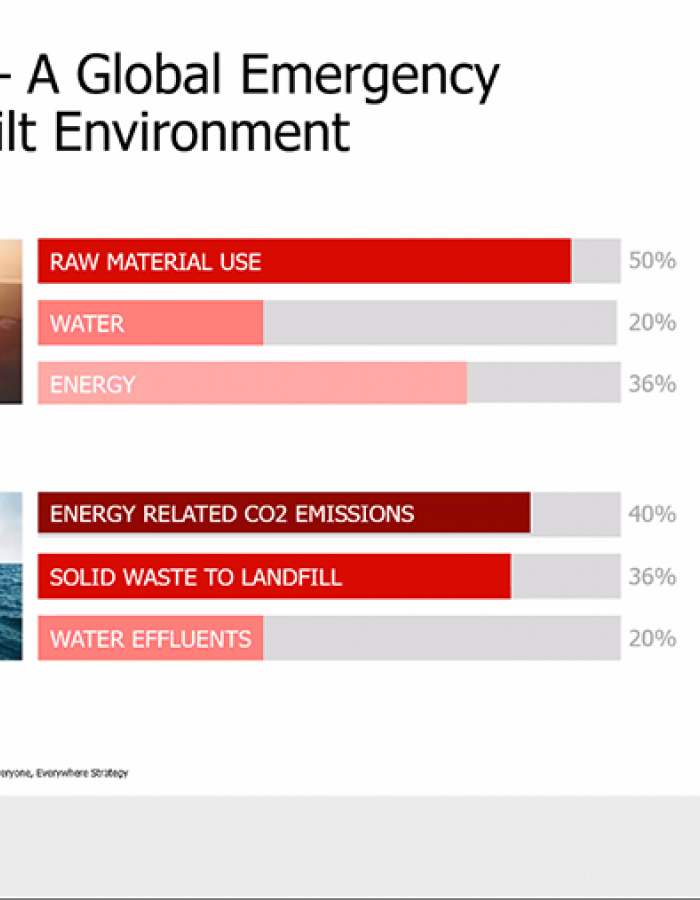Building Innovation: Who’s the 2024 Exceptional Woman in Building?

The Multi-Hazard Mitigation Council (MMC) Committee on Finance, Insurance and Real Estate (CFIRE) held its Resilience Incentivization Roadmap 2.0 kickoff meeting with project partners this month.
Nearly two dozen industry officials participated in the meeting to discuss collaboration and next steps.
“We’re ready to take this to the next level,” said Daniel Kaniewski, Managing Director, Public Sector with Marsh McLennan and CFIRE Chair.

This course will discuss considerations for the holistic design and construction of durable, long-lasting structures that are sustainable, safe and resilient. A building's primary goal is to protect the lives, lifestyles and livelihoods of its occupants. Precast concrete has numerous qualities that can help buildings perform efficiently and offer occupants and communities healthy, flexible and useful spaces that can be effectively utilized over many years.

Mandeville, founded in 1834, sits on the north shore of Lake Pontchartrain across from New Orleans, just 26 miles to the south across the lake. The community flood protection consists of a 5-foot sea wall, while across the lake is a full levee protected set of communities. When the lake is stirred up, the water spills out on the north shore. The city participates in the CRS program, recently getting to a Class 7. Mandeville, located in the St. Tammany Parish, has a long history of hurricanes and flooding.

Designing a structure to resist earthquakes requires several considerations. The loading is more severe, the permissible response will usually include damage to the structure, as well as the systems and components supported by the structure, and the levels of uncertainty in loading and response are greater than for ordinary loads.

With wildfires in the West, hurricanes in the Southeast, tornados in the nation’s midsection, and flooding endemic to the entire nation, disasters have become all too common in the United States. Hundreds of lives and hundreds of millions of dollars are lost each year as a result. We must stop the build/rebuild cycle and instead take actions to reduce the human and financial impacts of disasters before they occur. With losses mounting, there is no time to waste.

The built environment is being challenged by many trends and disruptors: digital transformation, off-site manufacturing, sustainability concerns, an aging workforce leading to lack of skilled labor, as well as COVID-19, which is affecting the health, safety, and well-being of workers.
Organizations must remain resilient to meet challenges and continue to grow and flourish. To become resilient, we must respond and adopt new ways of thinking and working.